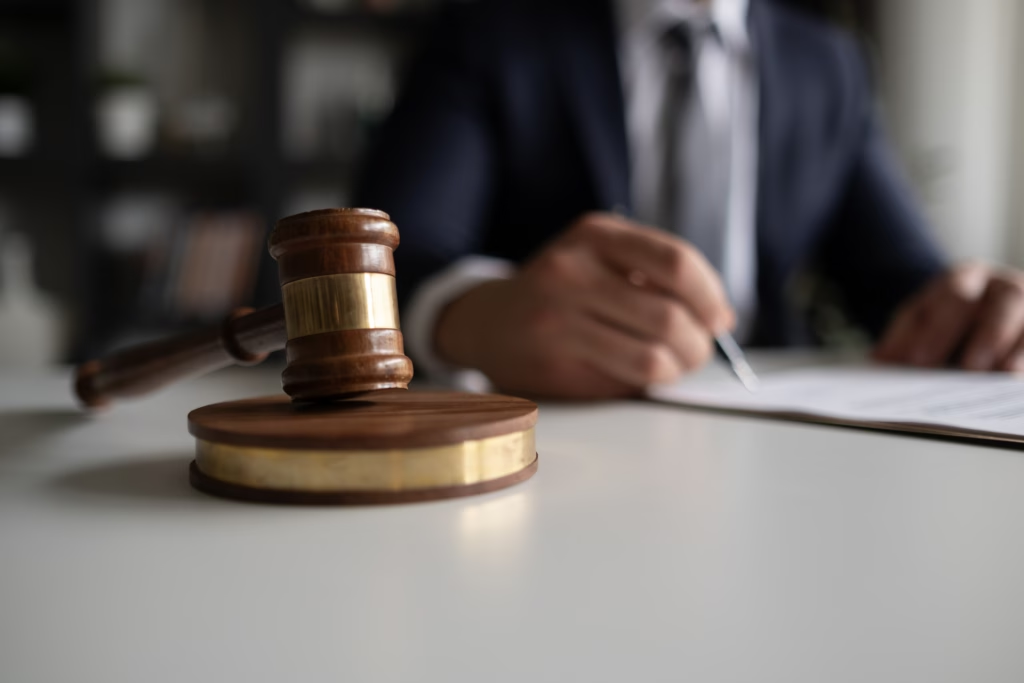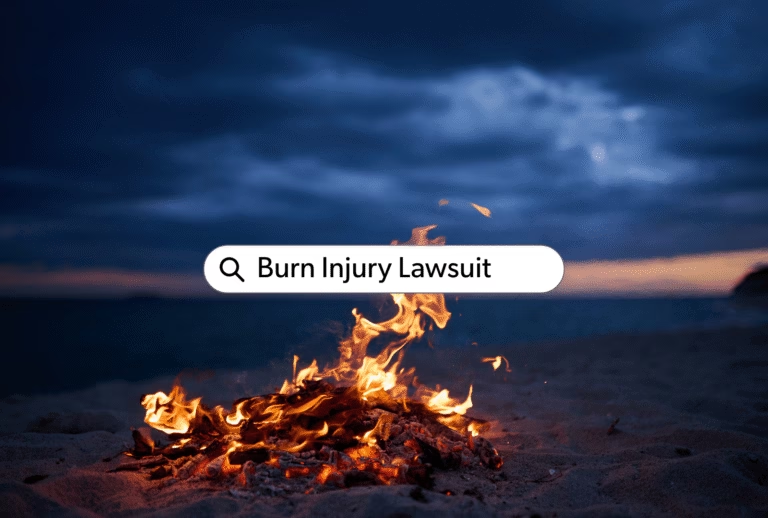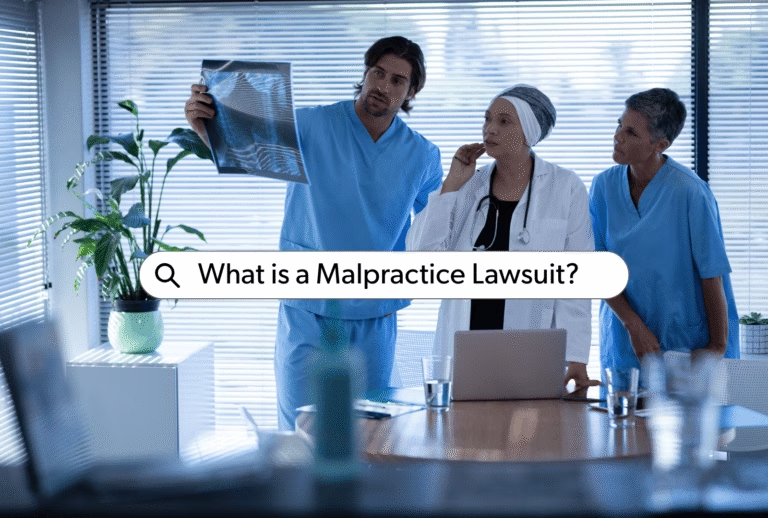Most personal injury cases settle out of court, and for good reason. Settlements are often faster, less expensive, and far less risky than taking a case to trial. If you’re wondering why your personal injury case might not end up in front of a jury, it usually comes down to the strategy. Settling a case out of court can save time, decrease workload, and allow for increased confidentiality between victims and defendants.
If you’re looking for a personal injury attorney, contact Lawyers for Justice, P.C. for a free consultation.
Reasons Why Personal Injury Cases Settle
Many personal injury cases end in a settlement rather than going to trial. Settlements can provide a faster, more predictable resolution while reducing the financial and emotional toll of prolonged litigation. A personal injury lawsuit that goes to trial doesn’t necessarily yield more compensation. Settling a dispute can help avoid court fees. A strong legal team can help recover compensation under the full extent of the law even if the case never goes to trial. In some instances, a personal injury attorney could recommend settling, as pushing for a jury verdict can be inherently unpredictable. Whether it’s to avoid mounting legal costs, limit the uncertainty of a jury’s decision, or simply bring closure to a difficult chapter, both injured individuals and insurance companies often find common ground outside the courtroom.
Saving Time
Personal injury lawsuits can take a long time to reach a verdict, especially if the case goes to trial. Court schedules are often packed, and legal procedures can be slow. By settling, both parties can bypass many delays and reach an agreement much sooner. Settling early means individuals with personal injuries can receive compensation faster, allowing them to pay medical bills, cover lost income, and move forward without waiting for a trial date that might be far down the road. For many people, a quicker resolution is one of the most compelling reasons to settle.
Emotional Strain
A personal injury claim can make a victim continuously relive a traumatic event. Preparing for trial often means giving depositions, answering detailed questions, and hearing the opposing side challenge your version of events. The process required to present evidence can be exhausting, stressful, and emotionally draining for injured individuals and their families. Settling a case can help avoid the prolonged anxiety and tension that comes with months – or years – of litigation. The peace of mind that comes with ending the dispute quickly is just as valuable as the monetary value of the case.
Confidentiality
Trials are public, which means the details of your case, including evidence, testimony, and the final verdict, can become part of the public record. For some people, high levels of public exposure feel invasive, especially if the case involves sensitive medical information or personal circumstances. A settlement, on the other hand, can include confidentiality terms that keep the details private. Many companies, including insurance providers and rideshare companies, sometimes would rather settle a case early than face public accountability. An out-of-court settlement allows both sides to resolve the matter discreetly, protecting reputations and personal privacy while avoiding the publicity that can accompany a courtroom battle.
Reducing Workload
Pursuing a personal injury case through a trial requires a significant investment of time and energy. Plaintiffs may need to gather extensive documentation, attend multiple legal meetings, respond to discovery requests, and prepare for testimony; all of which can be extremely time-consuming. The whole process can be overwhelming, especially while recovering from an injury or managing everyday responsibilities. Settling personal injury claims before they go to trial can greatly reduce the demand of constant meetings and putting together a rock-solid case backed by strong evidence. With fewer court appearances, less paperwork, and minimal back-and-forth with opposing counsel, a settlement allows injured individuals to focus on their health and daily life instead of being consumed by the litigation process.
No Admission of Liability
One important reason personal injury cases often settle is that settlements do not require the defendant to admit responsibility for the accident or injury. In many settlements, the defendant denies responsibility, but agrees to pay compensation to avoid the cost and uncertainty of a trial. When cases go to trial, a defendant may have to admit liability. Settling early can allow both parties to resolve the dispute without a formal finding of fault, which can be important for protecting the defendant’s reputation and avoiding future legal consequences. For injured individuals, it means receiving compensation without the unpredictability and delay of a court judgment.
Why Do Some Cases Not Settle?
Some personal injury cases don’t settle because the parties cannot agree on fault, the amount of compensation, or other key issues. For example, a defendant or their insurance company might dispute who caused the injury, or challenge how serious the injuries are. Sometimes the settlement offers are too low to cover medical bills, lost wages, and other damages, making them unacceptable to the injured person. Disagreements about liability, damages, or legal points can make it impossible to find common ground.
In rare cases, one or both sides may want a public court decision to establish a legal precedent, or to clear their reputation. When settlement talks fail, going to trial lets a judge or jury make the final call. If the defendant refuses to settle, a strong personal injury lawyer can help you through the legal process and give you the best chance to recover damages.
What Could You Get in a Settlement Offer?
A personal injury settlement is meant to compensate you for the losses you’ve suffered because of an accident or injury. While every case is different, a settlement agreement can cover several types of damages. You may receive compensation for medical expenses, including hospital bills, surgeries, rehabilitation, and future medical treatment related to your injury. Lost wages are another common component, helping replace income you couldn’t earn while recovering. In some cases, settlements also account for reduced earning capacity if your injuries limit your ability to work in the future.
Beyond financial losses, settlements can include payment for pain and suffering, which recognizes the physical pain and emotional distress caused by the injury. If your property was damaged in the incident, such as a vehicle in a car accident, that cost may be included as well. The goal is to address both the tangible and intangible ways the injury has impacted your life, providing the resources you need to move forward.
Free Consultation for Personal Injury Claim
If you were hurt in a car accident due to someone else’s negligence, contact an attorney to get the best chance at maximum compensation. Any time you’re in a moderate to severe motor vehicle accident, you should consider consulting with an attorney. Navigating insurance can be difficult, and if insurance denies your claim, you may need to take legal action. A skilled personal injury law firm can give you the best chance at fair compensation for emotional injuries as well as physical ones. A well-established law firm like Lawyers for Justice, P.C. is equipped to handle any personal injury case, which can give you the best chance at a fair settlement.
Car accidents can be expensive. Between mounting medical bills, lost wages, and property damage, even a small crash can be expensive. Without a lawyer, you could be on the hook.
If you or someone you know was in a motor vehicle accident recently, call (818) JUSTICE for a free consultation.
Last Updated on September 4, 2025



